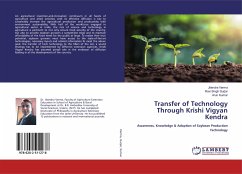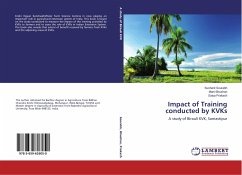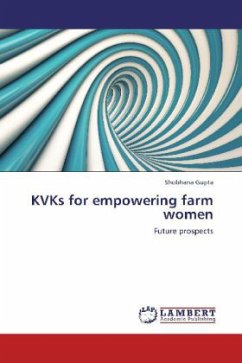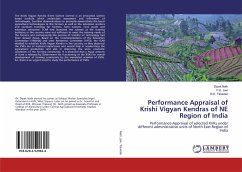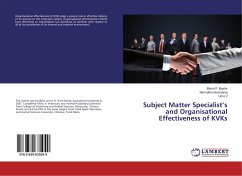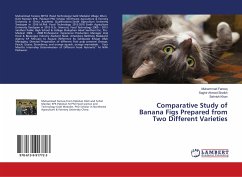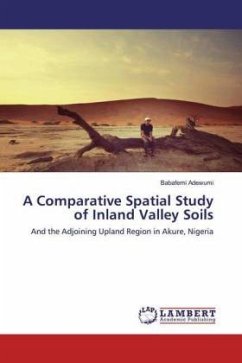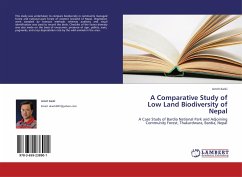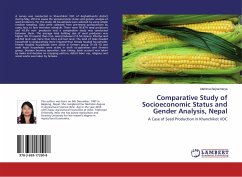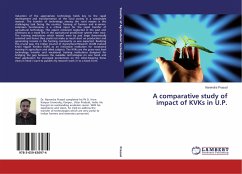
A comparative study of impact of KVKs in U.P.
Versandkostenfrei!
Versandfertig in 6-10 Tagen
41,99 €
inkl. MwSt.

PAYBACK Punkte
21 °P sammeln!
Induction of the appropriate technology holds key to the rapid development and transformation of the rural society in a sustainable manner. The transfer of technology among the rural masses is the challenging task facing the country. Training of farmers and in-service extension functionaries is a critical input for the rapid transfer of agricultural technology. This aspect remained neglected in the past and continues as a weak link in the agricultural production system even now. The training institutions which existed were by and large theoretically oriented and hence they could not make as mu...
Induction of the appropriate technology holds key to the rapid development and transformation of the rural society in a sustainable manner. The transfer of technology among the rural masses is the challenging task facing the country. Training of farmers and in-service extension functionaries is a critical input for the rapid transfer of agricultural technology. This aspect remained neglected in the past and continues as a weak link in the agricultural production system even now. The training institutions which existed were by and large theoretically oriented and hence they could not make as much dent on production and generating income in the farming community as was expected. Realizing this crucial gap, the Indian Council of Agricultural Research (ICAR) evolved Krishi Vigyan Kendra (KVK) as an innovative institution for vocational training in agriculture and allied subjects. The KVKs are the grass-root level technology transfer and vocational training institutions designed for bridging the gap between the available technologies on one hand and their application for increased productions on the other.Keeping these views in mind i want to publish my research work in to a book form.



